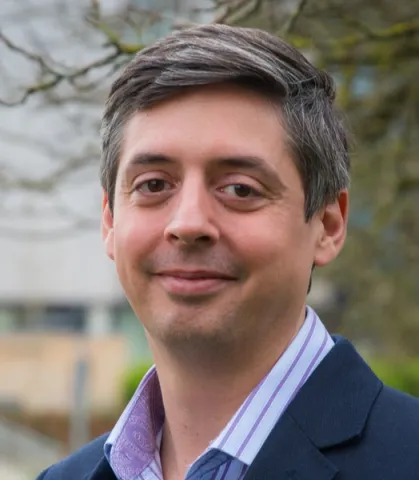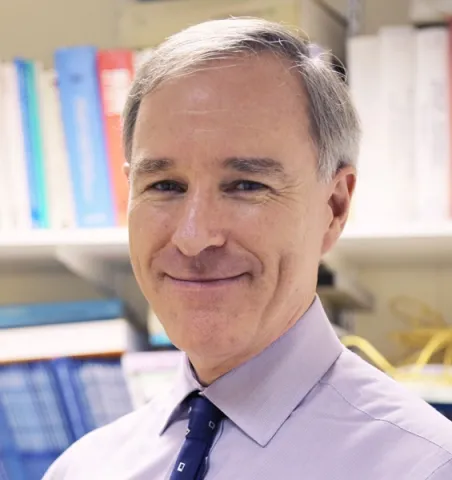About the project
We are delighted to invite applications for a 4-year interdisciplinary PhD studentship in VR content production for inclusive virtual education.
Working with stakeholders at all stages, you will research, design, develop and test an open VR content production solution for educators and students. This will aim to overcome the barriers to the widespread adoption of VR in schools, using science to raise young people’s awareness and interest in health issues. This will also make positive changes to health-related attitudes.
For over a decade VR use in education has been shown to be an exciting educational resource benefitting student engagement, motivation and confidence, and resulting in higher achievement and better results - particularly for young people with special educational needs and disabilities.
Despite this, there are challenges to the adoption of educational VR in schools, including a lack of digital skills, institutional support, time, functionality and usability.
Although VR offers transformational benefits to learners, VR in education has not been made sufficiently accessible to students and teachers and bespoke VR content production remains in the hands of expensive, 3rd Party developers. This PhD research aims to change this by exploring how VR content production can be inclusive and accessible to all educators.
The successful candidate will study the VR domain in depth and identify the social and technical barriers to adoption by teachers and students. They will then apply that knowledge to the design and development of barrier-lowering, open, accessible and inclusive tools for VR content production, before testing and evaluating those tools with stakeholders.
The PhD will follow a human-centred, iterative, co-design methodology within a Design-Test-Evaluate thesis structure. To deliver the research the PhD student will build direct relationships with schools and end-users such as teachers, students and school administrators. This will be supported through LifeLab, an established scientific engagement and literacy programme. Mixed methods analysis will be used to inform the design, development, testing and optimisation of new VR tools.


